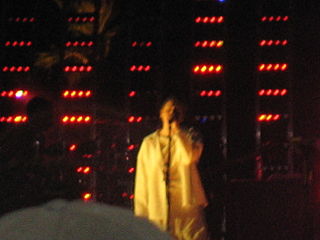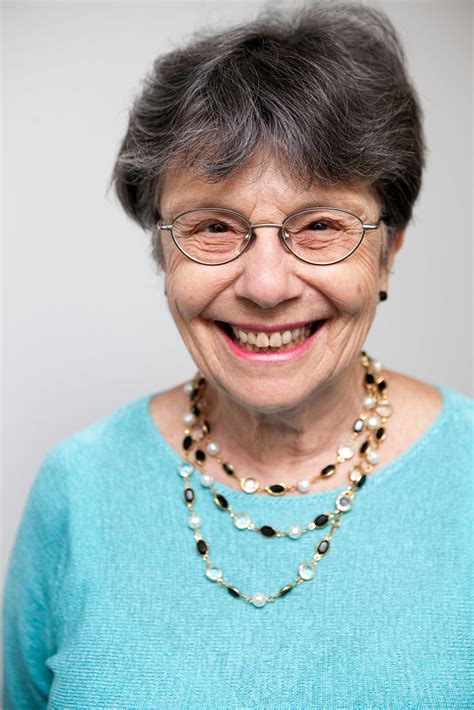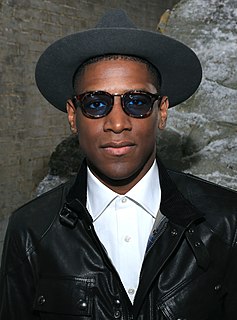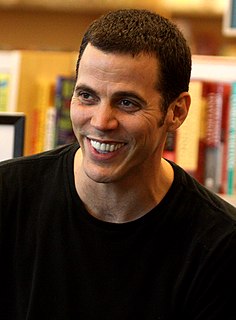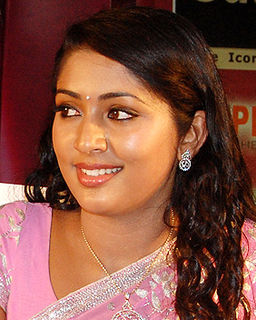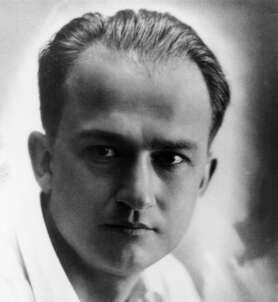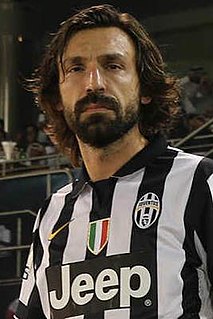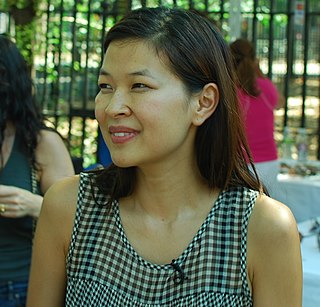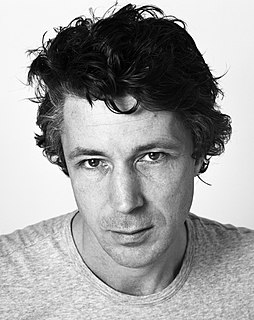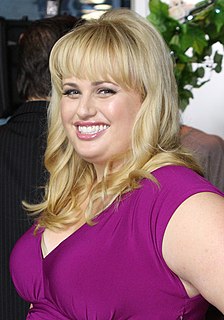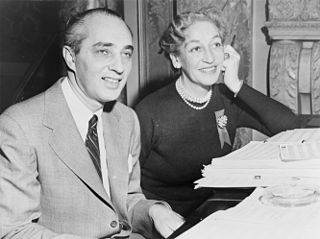A Quote by China Mieville
My parents went through the dictionary looking for a beautiful name, nearly called me Banyan, flicked on a few pages and came to China, which is cockney rhyming slang for mate.
Related Quotes
My parents were hippies, and the story is that they went through a dictionary looking for a beautiful word to name me. They nearly called me Banyan, but flipped a few pages on and reached "China," thankfully. The other reason they liked it is that "china" is Cockney rhyming slang for "mate." People say "my old china," meaning "my old mate," because "china plate" rhymes with "mate.
When I was a kid, I loved a heavy metal band called Motley Crue. I was thirteen when they came to my city, and I called every hotel in the Yellow Pages asking for a room by the name of their manager in hopes of meeting the band. After two or three hours of calling hotels, I got through, and the manager's brother answered the phone.
I am a permanent legal resident of this country, I was born in Korea; my parents came to America for a better life for our family, I've lived here nearly my whole life, and even though I consider myself through and through Korean and American, I guess when it comes down to it, anyone can take away my identity. It doesn't belong to me.
It's nice to have a few names. I use a few names myself. I use a few different surnames. I call myself James sometimes. I actually use my mother's name as a professional name. But if someone calls me Mr. Murphy or Mr. Gillen, I don't like that. I don't like being called 'mister,' and I don't like being called 'sir.'

